
Influenza In Children: Causes, Symptoms, And Prevention
Influenza, commonly known as the flu, is a contagious viral infection that affects the respiratory system, particularly the lungs and airways. While most children recover within a week, some may develop severe complications requiring hospitalization. In extreme cases, the flu can lead to pneumonia or even death. Types of Influenza Viruses Influenza A & B: […]
read more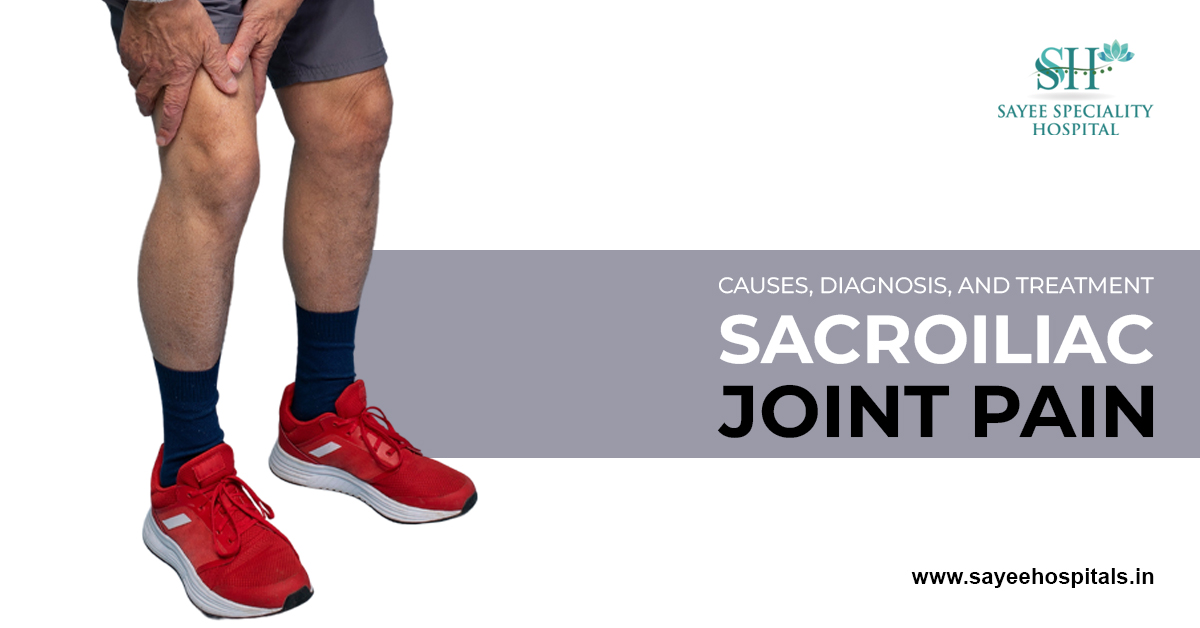
Sacroiliac Joint Pain: Causes, Diagnosis, And Treatment
The sacroiliac (SI) joint plays a crucial role in linking the iliac bones (pelvis) to the sacrum, the lowest part of the spine just above the tailbone. It helps absorb shock, preventing excessive impact on the spine. However, this joint can also be a common source of lower back pain when injured or affected by […]
read more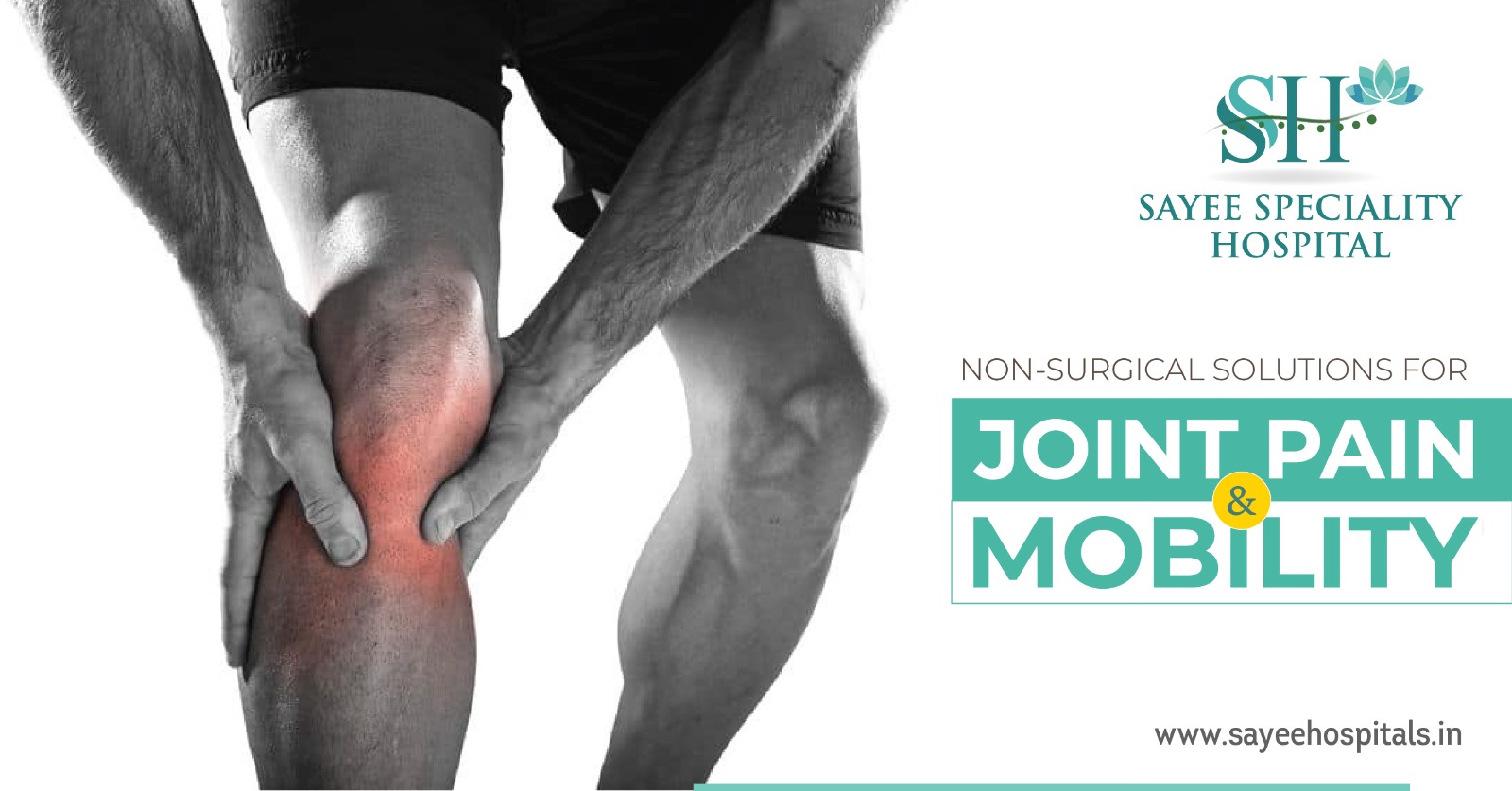
Non-Surgical Solutions For Joint Pain And Mobility
Joint pain and injuries affect many individuals, but surgery is not always the only option. A range of non-surgical treatments can help reduce pain, improve mobility, and restore daily function. These treatments are particularly beneficial for those who are not ideal candidates for joint replacement due to health conditions or early-stage arthritis. Customized Non-Surgical Treatment […]
read more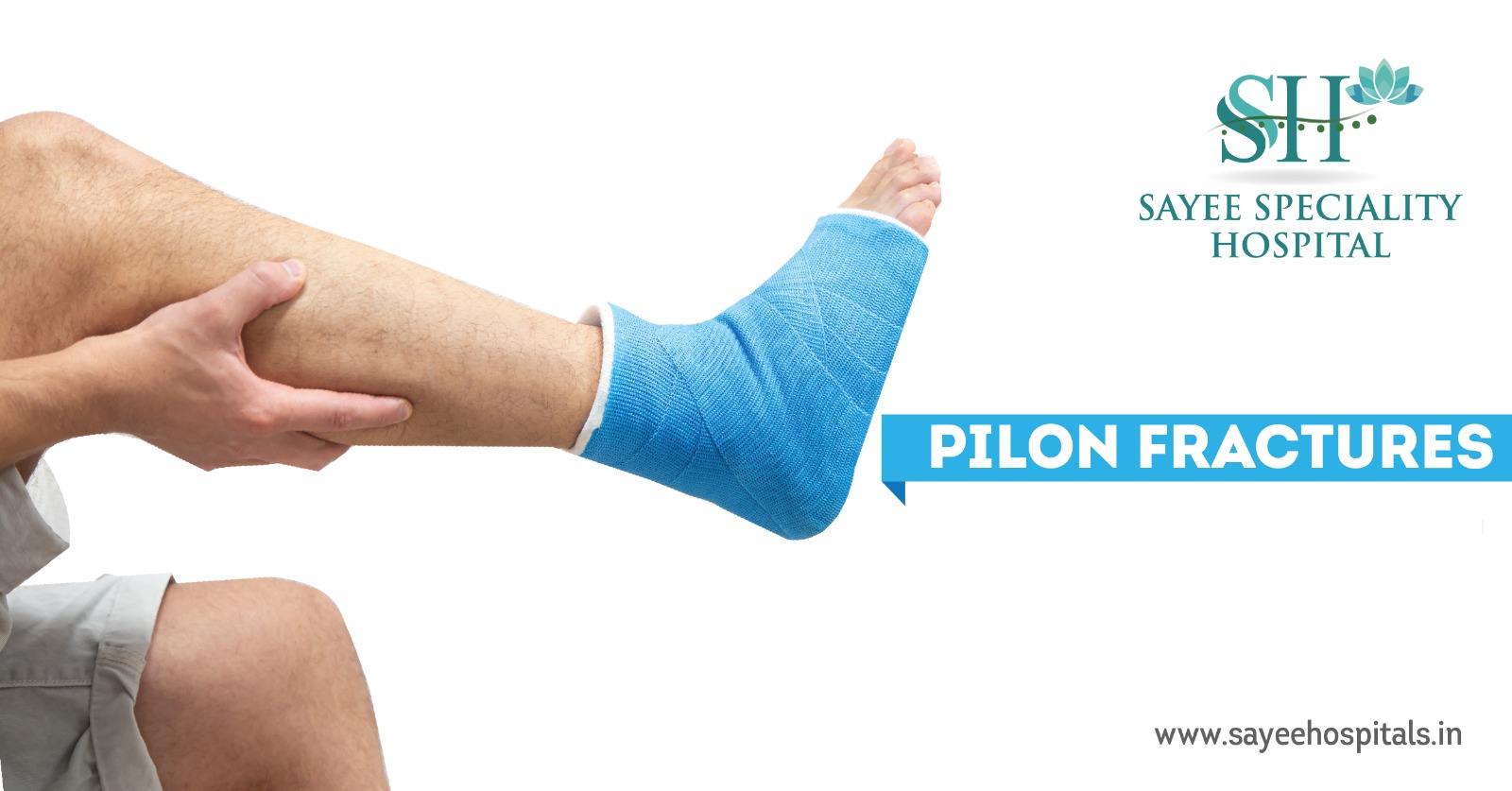
Pilon Fracture
A pilon fracture is a specific break in the lower shinbone (tibia) near the ankle joint, often involving multiple bone fragments. In some cases, the smaller fibula bone also breaks. These fractures are typically complex fractures and require specialized treatment due to their complexity. Causes of Pilon Fractures Pilon fractures often result from high-energy impacts. […]
read more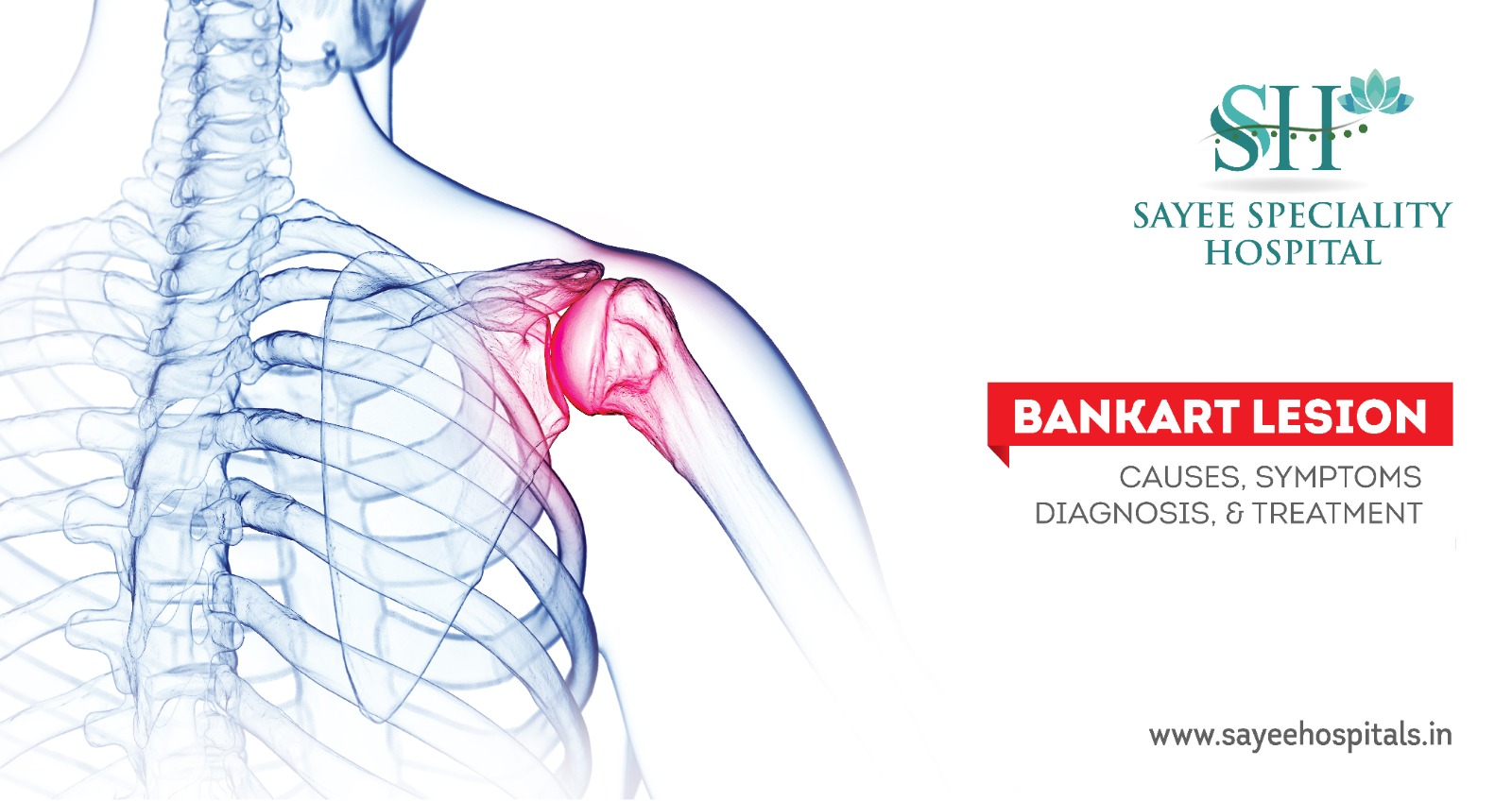
Bankart Lesion: Causes, Symptoms, Diagnosis, And Treatment
The shoulder joint, a ball-and-socket structure formed by the humerus and scapula, is vital for arm movement. When dislocated, particularly through an injury, it can lead to a Bankart lesion, a tear in the labrum—a ring of cartilage that stabilizes the shoulder joint. This condition results in pain, swelling, and stiffness. Symptoms of Bankart Lesion […]
read more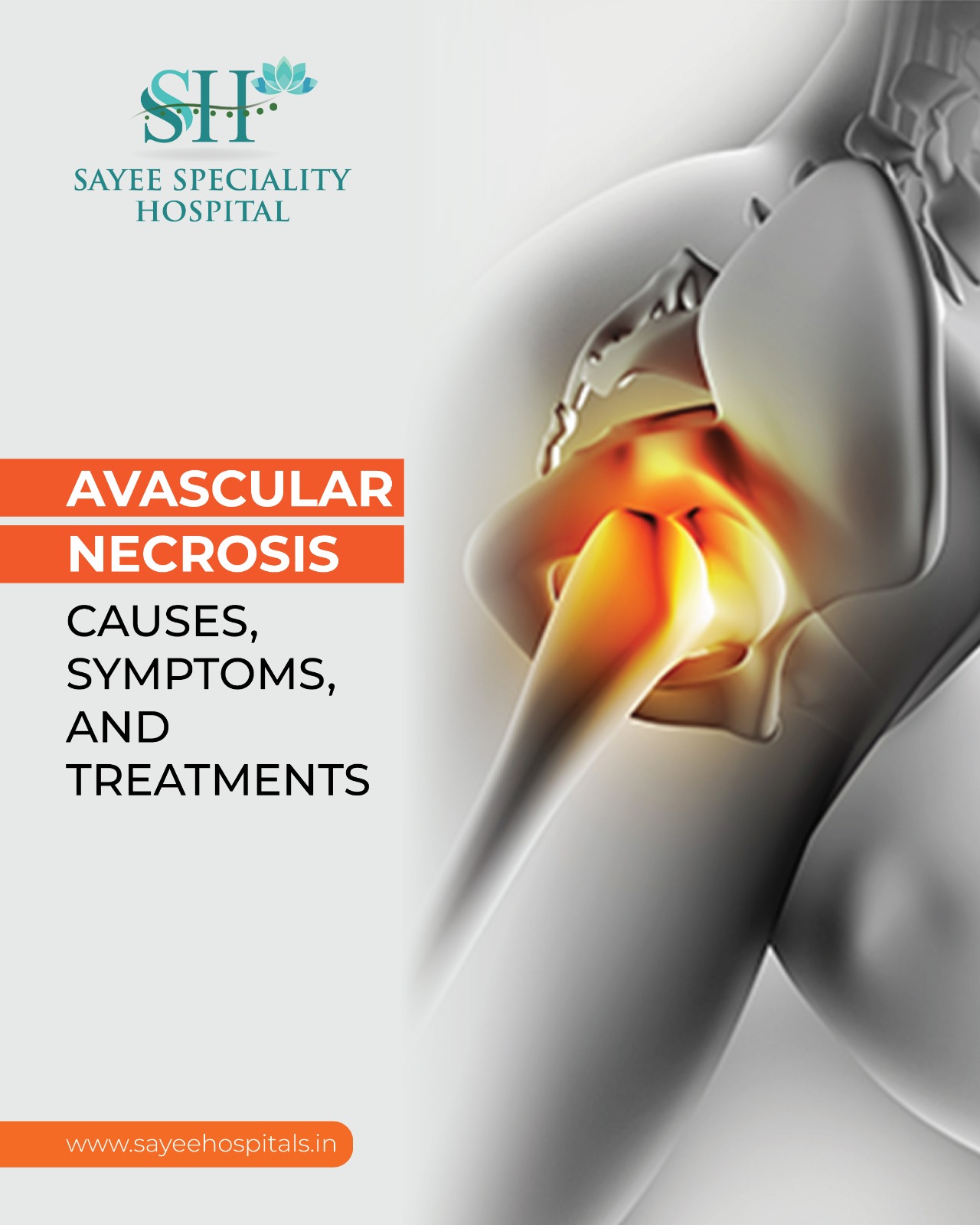
Avascular Necrosis: Causes, Symptoms, And Treatments
Avascular necrosis (AVN), or osteonecrosis, is a painful condition that occurs when the blood supply to bone tissue is reduced or completely cut off, leading to tissue death. While it primarily affects the hip joint, AVN can also impact the knees, shoulders, and ankles. If untreated, this condition can lead to bone collapse. AVN typically […]
read moreUnderstanding Spider Veins: Causes, Risks, And Treatment Options
Understanding Spider Veins: Causes, Risks, And Treatment Options Spider veins, also known as thread veins or telangiectasia, are a common cosmetic concern characterized by clusters of small, dilated blood vessels visible near the skin’s surface. While typically harmless, they can indicate underlying venous insufficiency, where the blood flow through veins is compromised. Causes of Spider […]
read more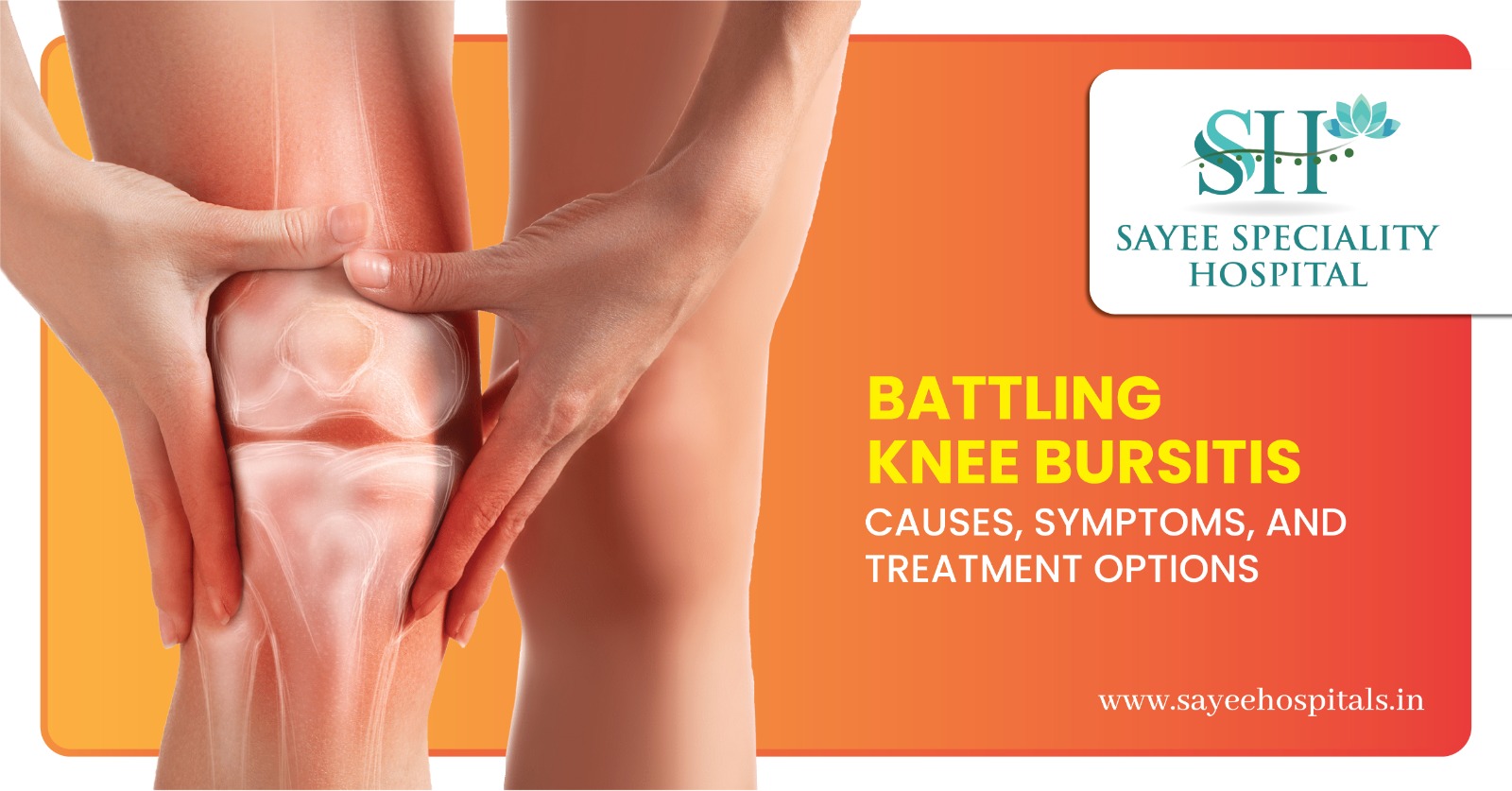
Battling Knee Bursitis: Causes, Symptoms, And Treatment Options
Knee bursitis, characterized by inflamed fluid-filled sacs near the knee joint known as bursae, can cause discomfort and limit mobility. Understanding its causes, symptoms, and treatment options is crucial for effective management and prevention. Causes and Symptoms: Knee bursitis often results from friction and irritation of the bursae, commonly occurring over the kneecap or on […]
read more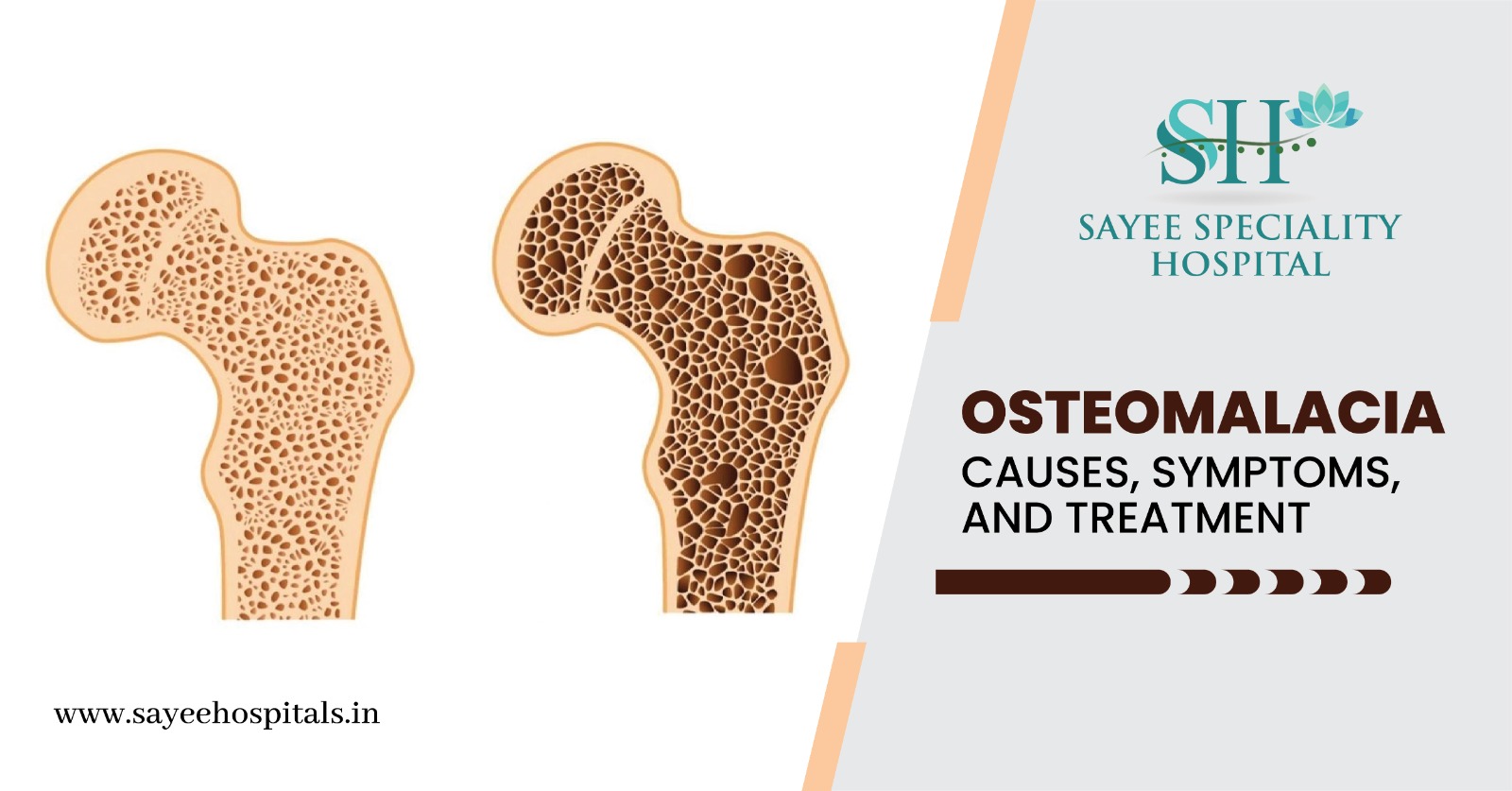
Osteomalacia: Causes, Symptoms, And Treatment
Osteomalacia, often referred to as “soft bones,” is a metabolic bone disorder characterized by insufficient mineralization, leading to weakened and softened bones. Unlike osteoporosis, which involves the deterioration of existing bone, osteomalacia is a failure in the bone-building process. This condition primarily affects adults, whereas a similar deficiency in children leads to rickets. Bone is […]
read more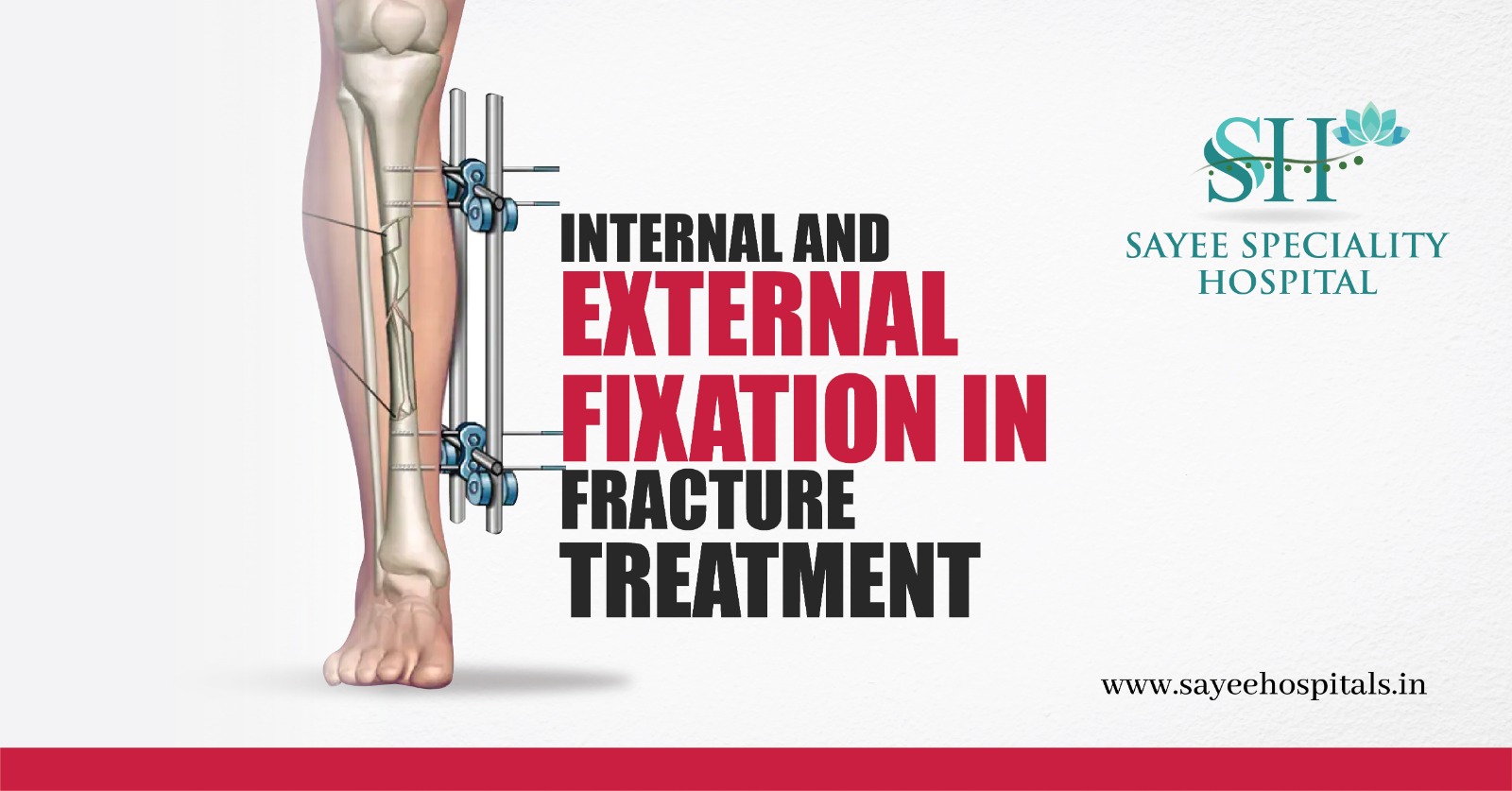
Internal And External Fixation In Fracture Treatment
Fracture treatment often necessitates repositioning and stabilizing bone fragments to ensure proper healing. Internal and external fixations are common methods used by orthopedic surgeons to achieve this, employing various implants to maintain bone alignment and promote recovery. These techniques not only reduce hospital stays but also help patients regain function more quickly and decrease the […]
read more